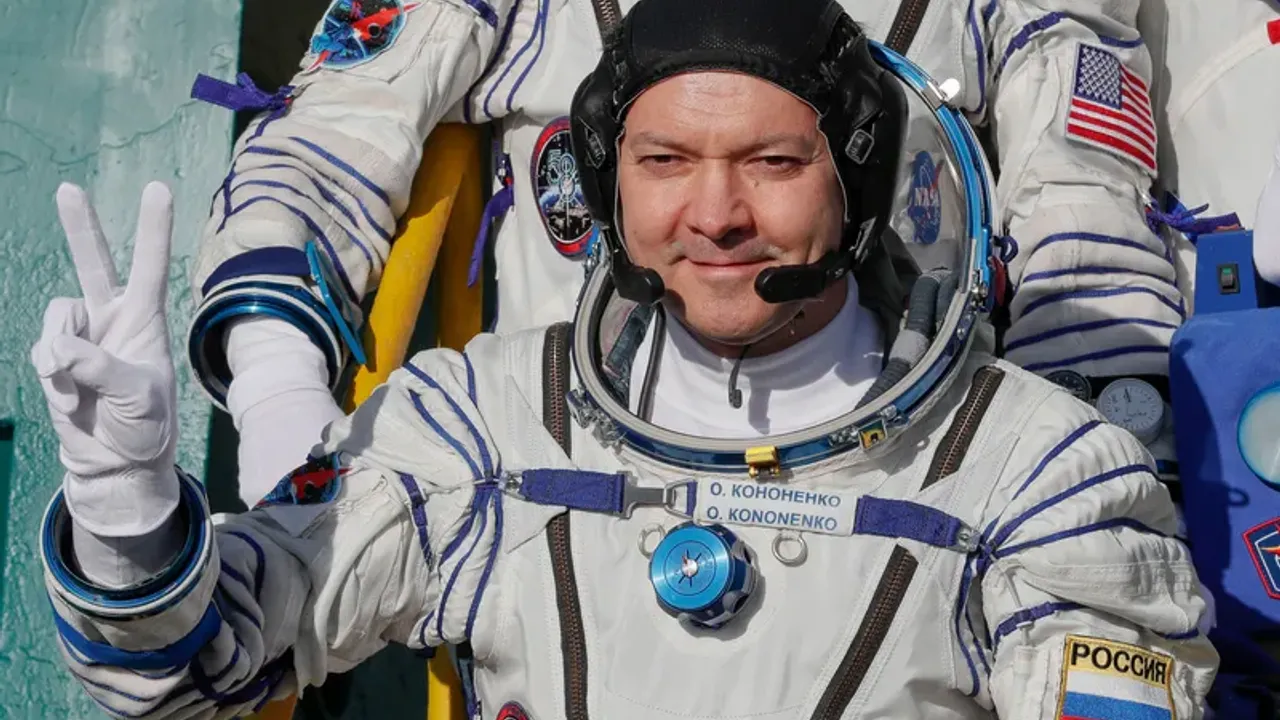As Kononenko is expected to reach a total of 1,000 days in space on June 5, Kononenko said in an interview from the International Space Station (ISS), where she orbits about 423 kilometers from Earth, "I fly into space to do what I love most, not to break records."
"I am proud of all my achievements, but I am even prouder that the record for the total human stay in space still belongs to a Russian cosmonaut," Kononenko added.
The 59-year-old cosmonaut was confirmed to have surpassed the total time of 878 days, 11 hours, 29 minutes and 48 seconds to take first place behind Padalka.
In the early years of the space race, the Soviet Union was the first country to launch a satellite (Sputnik 1) into Earth orbit in 1957. Soviet cosmonaut Yuri Gagarin then became the first man in space in 1961. But after the collapse of the Soviet Union in 1991, Russia's space program was plagued by massive funding shortages and corruption.
"I don't feel deprived or isolated" in his life in space, the cosmonaut said,
"But when I returned home, I realized that for hundreds of days in my absence, children had grown up without a father," he said.
Cosmonauts can now use video calling and texting to communicate with relatives, but technological advances make it difficult to prepare for each new space flight, he said.
Kononenko said he dreamed of going into space as a child and enrolled in an engineering institute before training as a cosmonaut. He made his first space flight in 2008.















